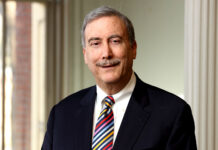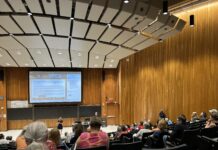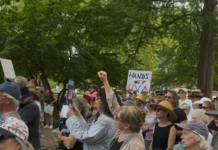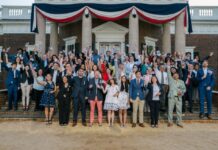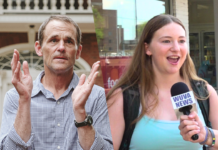The 2019-2020 school year has officially come to a close. The spring semester presented numerous challenges to universities across the nation. However, as one challenge ends, another lurks around the corner. As the focus shifts away from the past semester there’s a new focus: the fall semester at the University of Virginia. Without a doubt, this upcoming semester will not be the “return to normal” that students nationwide were hoping for. While classes will still be held in the fall, how and where they will be occurring is unknown. In this unprecedented time, universities have had to be creative in how they can resume classes in the fall semester while still keeping the health of their students at the forefront of the decision-making process.
Although the University of Virginia has not made an announcement yet as to how and when classes will be starting, universities across the country have begun making formal decisions about the upcoming semester.
Schools, such as Baylor University, University of Texas, and James Madison University, have announced their plans to resume on-campus classes starting in August. However, all of the listed schools have said that these plans are contingent upon COVID-19 data following the projected models.
For other schools, the risk of spreading the Coronavirus is too high to resume on-campus classes. For California State University, the largest four-year university system in the country, the majority of classes will be held online in the fall. While certain classes will be allowed to continue on-campus, they will have to undergo significant changes in order to maintain state regulations. The university system, which has over 480,000 students, claimed that the fear of another wave of cases near the end of the semester heavily influenced their decision.
As of yet, only a small number of schools, such as Harvard University’s medical school, have announced that classes will remain online for the foreseeable future. This number can be expected to rise as new discoveries predict how COVID-19 will look like in the later summer months and fall.
Some schools have become more creative in creating a plan for how to conduct fall classes. Major universities, such as Notre Dame, University of North Carolina, and the University of South Carolina have decided to shorten the semester in order to get students home before the anticipated rise in cases near the end of November. Each school has their unique way of accomplishing this, but the common theme is students having to forfeit some of their summer and fall breaks in exchange for ending classes early, around Thanksgiving.
However, for the majority of universities across the country, it is too early to make a decision. In Charlottesville, President Jim Ryan has appointed a committee to offer a solution for the university. The committee, made up of 13 members from various areas of the UVA community, has the daunting task of deciding what the upcoming semester will look like for over 36,000 UVA students and faculty.
The committee has to determine the date by which the decision of Fall 2020 needs to be made. The rapidly changing situation regarding COVID-19 makes long-term planning incredibly difficult; however, a decision regarding the specifics of the fall semester must be made in time for students and faculty to make plans accordingly. While President Ryan has stated that a decision will be made by mid-June, a specific date has not been announced.
Other problems that the Committee needs to find solutions to include when students can safely return to Grounds, if the academic schedule will need to be changed, and how tuition and other financial information may be altered by the university’s response to the COVID-19. The Committee is receiving input from medical experts, university administrators, as well as the student body. In the first major move made by the committee, a survey was released to returning undergraduate students in early May asking for their input on various proposed solutions.
The committee stated that the options outlined in the survey were “based on what they knew and could surmise regarding the progress of the virus. The committee members consulted with colleagues at other universities about their approach.”
These solutions ranged from delaying the start of the semester until it is deemed safe to return [to Grounds], changing the structure of classes to adhere to social distancing, and altering when and where classes will take place. In addition, the survey asked students for their opinions regarding certain measures that could be implemented to keep the UVA community safe when students and faculty are able to return. These proposed measures included frequent temperature checks, expanded COVID-19 testing, and requiring masks when outside to protect others.
The committee stated that “the group is reviewing the results [of the surveys] now, and the feedback has been useful.”
Regardless of the outcome, the decision of the committee will impact much more than the student body. An increase in population in Charlottesville will increase person-to-person contact and thus aid in spreading the virus among Charlottesville communities beyond Grounds. The University and the City of Charlottesville need to make a decision together to best protect the citizens of Charlottesville and University students and mitigate the spread of COVID-19 until a treatment or vaccine is widely available.







